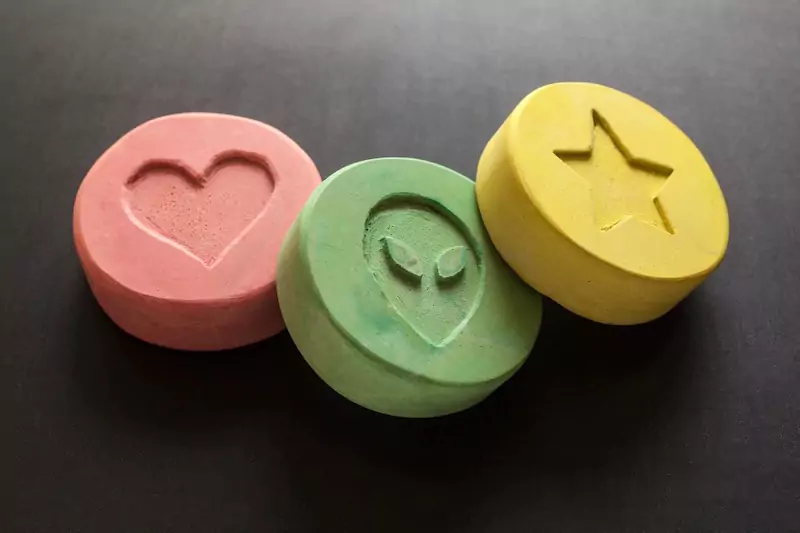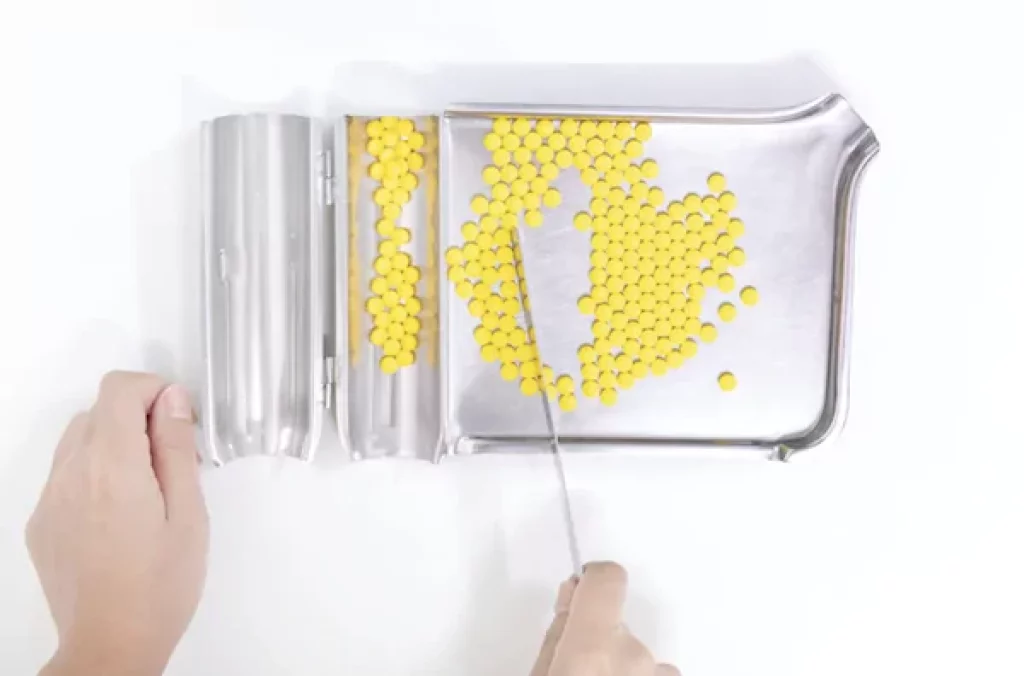MDMA: Effects, Health Risks, and How to Get Help

MDMA (3-4 methylenedioxymethamphetamine) is a synthetic drug that alters mood and perception. It is most commonly known as ecstasy, Molly, or X. MDMA can be dangerous, leading to serious health problems or even death. If you or someone you know is using MDMA, getting help is important. In this blog post, we will discuss the effects of MDMA, its health risks, and how to get help if you’re struggling with addiction.

The effects of MDMA
The effects of MDMA can include feelings of euphoria, increased energy and pleasure, emotional warmth, and distortions in time and perception. However, it can also lead to negative side effects such as anxiety, confusion, sleep problems, drug craving, and paranoia. These effects usually last for about three to six hours. However, some people experience lingering effects for several days afterward.
It is also commonly mixed with other substances, such as alcohol or cocaine, which can increase the risk of harmful side effects. Along with the immediate physical risks associated with MDMA use (such as high body temperature and dehydration), long-term use may also result in memory problems or depression. Also, MDMA poisoning can lead to liver, kidney, and cardiovascular failure. This means that even if someone has used MDMA before without serious consequences, each time they use it, there is a risk of overdose and death.
Health risks associated with MDMA
In addition to the immediate physical and psychological effects, MDMA can also have serious long-term health consequences. It can damage nerve cells that release serotonin, leading to problems with memory and learning. It may also cause liver, kidney, or heart failure in some cases.
-
High risk of overdose
There is also a high risk of overdose with MDMA use, as it is often difficult for users to determine the strength or purity of the drug they are taking. Overdose symptoms include high blood pressure, fainting, panic attacks, and unconsciousness. In severe cases, it can lead to seizures or death from overheating or organ failure.
-
Dehydration or overheating
Additionally, because MDMA is commonly used in social settings such as parties or concerts where people are often physically active and may not have access to water, it increases the risk of dangerous health consequences such as dehydration or overheating. For example, MDMA was a factor in the deaths of several young adults at music festivals in 2018.
-
It can affect your decision-making and cognitive abilities
Other risks associated with MDMA use include increased risk of sexual assault or unsafe sex due to its effects on decision-making and inhibition. In addition, because it is illegal, it may be sold as something else or mixed with other substances without the user’s knowledge. This further increases the risk of harmful side effects or overdose.
-
It is addictive
Additionally, MDMA can also be addictive. People who struggle with MDMA addiction may experience cravings and difficulty controlling their use of the drug even though it is causing problems in their relationships, work, or school. For instance, they may continue using despite knowing it is causing physical or psychological harm. Also, withdrawal symptoms such as fatigue, loss of appetite, and trouble concentrating may occur when stopping use after chronic MDMA use.
It has legal consequences.
Lastly, using MDMA also has legal consequences. Possession and distribution of the drug can lead to fines and jail time. This way, the risks associated with MDMA use not only affect one’s physical and mental health but also have legal implications. For example, having a criminal record can affect future job and housing opportunities.
How to get help
- If you or someone you know is struggling with MDMA addiction, it is important to seek help. Treatment options include therapy and support groups such as Narcotics Anonymous. Additionally, medication may be used to manage withdrawal symptoms and cravings. It is never too late to seek help for drug addiction and begin the journey toward recovery.
- The National Institute on Drug Abuse recommends seeking professional treatment from a qualified provider who specializes in substance use disorders and addiction. Many treatment options exist, such as counseling or therapy, medication-assisted treatment, and support groups such as 12-step programs like Narcotics Anonymous (NA). It’s important to find a program that meets your individual needs and addresses any co-occurring mental health disorders. If you or a loved one is experiencing an overdose or other medical emergency related to MDMA use, call 911 immediately.
- The Substance Abuse and Mental Health Services Administration (SAMHSA) has a 24/ seventh hotline (800-662-HELP) where you can find resources and treatment options in your area. Remember, it’s never too late to seek help for drug addiction and begin the journey toward recovery.
Tips to avoid being spiked in nightclubs or parties:
– Don’t leave your drink unattended, and don’t accept drinks from people you don’t trust
– Know your own limits and stick to them
– Don’t mix alcohol or other drugs with MDMA
– Have a buddy system where you can check in with each other throughout the night
– If you feel unwell, seek medical attention immediately. It’s better to be safe than sorry.
– Attend events with friends and look out for each other
– Avoid drinking from punch bowls or open containers
– Trust your instincts and if something doesn’t seem right, seek help immediately. It’s better to be safe than sorry.
Bonus tip!
Make sure to stay hydrated and take breaks from dancing or physical activity, as MDMA can increase body temperature, leading to dehydration and potentially dangerous health consequences. It is important to remember that no drug use is safe, and there will always be inherent risks associated with substance use. However, taking measures to reduce potential harm can help keep you and your friends safe. Stay informed, stay safe, and know your options for getting help if needed.

It is important to remember that drug use always carries risks, and seeking help is never a sign of weakness. Taking steps towards recovery can lead to improved physical and mental health, as well as better relationships and overall quality of life. Take care of yourself and those you love by educating yourself about the potential dangers of MDMA and getting help if needed.

